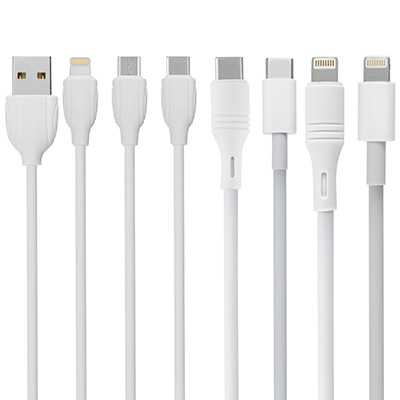When did you last open a spreadsheet and just sigh upon seeing the expanse of data points, with a sigh that comes from the deepest depths of your soul? It’s a fair reaction to have… especially when you know how much value there is to be found within these data sets. Let’s walk through how you can extract this data by using Microsoft Excel’s Quick Analysis features… and don’t worry if you tend to use Google Sheets. The processes are essentially the same for everything we’re covering.
SMBs tend to pride themselves on how well they’re able to treat their customers. Larger enterprises sometimes lack the personalized attention that customers of small businesses get, despite having the tools to make it happen. Small businesses can also achieve this goal, and it’s all thanks to customer relationship management solutions. The right tool can improve sales, marketing efforts, and even customer satisfaction.
Is your business still gazing at the cloud from afar, wondering if it’s truly the promised land of IT efficiency? For many organizations, a move to the cloud for mission-critical operations can be complicated. Hesitation, while understandable, can be the biggest drain on your future potential. Let’s go through why those cloud migration worries might just be myths in disguise, and how we can help you shift into high gear.
Healthcare technology is changing, and changing fast. Even beyond your typical concerns like data security and operational efficiency, healthcare IT faces unique challenges specific to the industry. Today, we want to cover some of the best practices that healthcare organizations should follow in regards to their IT. We’ll explore topics such as patient trust, legal compliance, and so much more.
What opportunities is your business leaving on the table by not adapting to cloud technology? There are plenty of benefits your business can take advantage of if you’re open to embracing new possibilities. Today, we want to share some examples that will have you excited to implement new cloud-based infrastructure solutions for your business.
As is the case with most things, the past few years have seen significant changes in entertainment, thanks to the development of technology. We have literally gone from using extremely sensitive and delicate film to capture footage, manually trimming it on flatbed editors in dark rooms, to capturing, storing, editing, and displaying it digitally. Let’s explore how the nature of entertainment has shifted as technology has developed over time.
From charging our phones to transferring those crucial presentation files, USBs are the unsung heroes of our digital world. Have you ever stopped to think about what’s actually going on inside that little connector? Let’s get down to brass tacks and explore the inner workings of this marvel of miniaturization.
Let’s say you have all the knowledge, time, energy, resources, and expertise in technology management in the world. Would you want the responsibility of managing your company’s IT? Today, we’re exploring some of the more plausible reasons why managing your own technology solutions just doesn’t make sense—and how a managed service provider can help.
Think of your business information that includes customer details, sales figures, product lists and more. All of that data is stored in your business’ databases. As a result, you need to understand how they work and what you need to do to best manage them and the data they contain. Here at GeekBox IT, we help businesses in Greensboro make sense of their technology every day. We’ve noticed folks often have similar questions about databases, so let’s clear them up with some simple answers. Did you know, by the way, that the first “databases” were essentially just well-organized paper records? We’ve come a long way!
Cybersecurity solutions are all well and fine, but your team also plays a significant role in keeping your business safe. You need to acknowledge they are a potential threat and take steps to prepare them for the bevy of threats they’ll face. Today, we want to discuss why your employees are a cybersecurity threat and what you can do to mitigate it.










